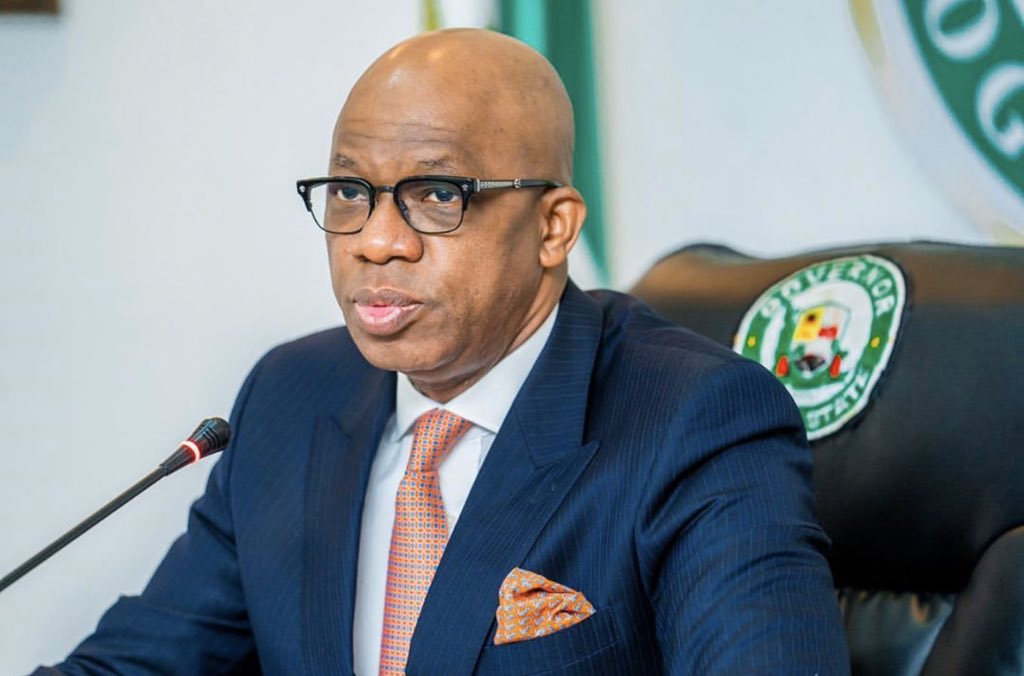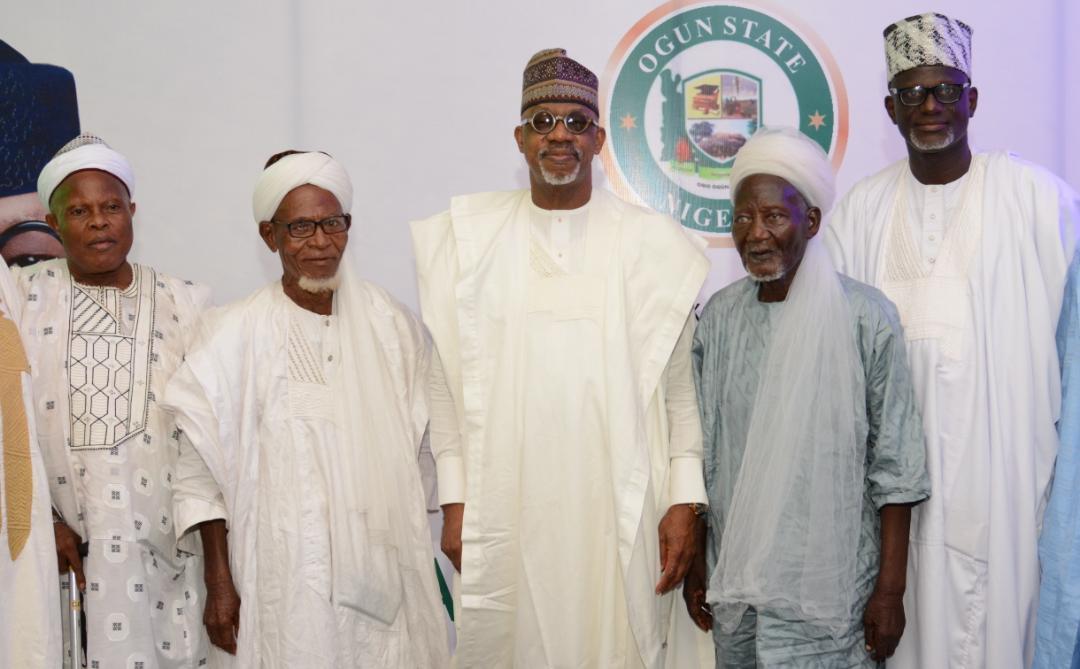By Nudoiba Ojen
“Among other issues, tobacco is a major risk factor for non-communicable diseases like hypertension, stroke, cancers, diabetes, and chronic obstructive pulmonary diseases”
The Federal Competitive Consumer Protection Commission has attributed over 26,800 annual deaths in Nigeria to tobacco-related diseases.
Statistics have it that no fewer than 4.5 million Nigerians aged 15 and above are tobacco users.

FCCPC acting Executive Vice Chairman, Adamu Abdullahi, highlighted the grave risks associated with youth tobacco use, ranging from impacts on brain development to respiratory issues and increased nicotine dependence.
Abdullahi, who spoke at the formal lunch of tobacco control advocacy tagged, ‘Don’t burn their future’, said that the initiative, which is to address the alarming rise in young and underage access to tobacco products, added that the move also aimed to curb the detrimental impact on society.
Abdullahi, represented by the Chairman, Tobacco Control Unit, Federal Ministry of Health, Dr Malau Toma, emphasised the dynamic nature of sound health, which encompasses physical, mental, and social well-being.

He explained that among other issues, tobacco was a major risk factor for non-communicable diseases like hypertension, stroke, cancers, diabetes, and chronic obstructive pulmonary diseases.
Abdullahi said that there are more than eight million deaths every year worldwide, with over seven million of these deaths occurring as a result of direct tobacco use and about 1.2 million from non-smokers exposure to second-hand smoke.
He said, “The campaign underscores the collective responsibility of individuals, communities and a prioritised healthcare system in fostering a healthier future for the youth,” Abdullahi added.

The acting FCCPC boss praised the proactive measures taken by the Federal Government, “including the enactment of the National Tobacco Control Act in 2015″.
He added that the government’s commitment to creating a smoke-free environment and fulfilling international obligations under the World Health Organisation Framework Convention on Tobacco Control.
“The campaign’s scope extends beyond warnings, featuring a collaborative approach with Civil Society Organisations to provide counseling services for those aiming to quit smoking. Toll-free lines have been established to bridge the gap to a smoke-free future, emphasizing support and follow-up,” Abdullahi said.

Earlier, the Minister of Health, Prof Muhammad Pate, noted that the campaign by the FCCPC aligns with the national objective of tobacco control.
In his remark, the immediate past EVC of the FCCPC, Mr Babatunde Irukera, stressed the need to protect people from the harmful effects of tobacco, highlighting that it is not just an event but a cause.
“The campaign sets the stage for a series of symposiums, lectures, hangouts, and meetings with young people nationwide, reinforcing the message for a tobacco-free future. The FCCPC calls on all stakeholders, including tobacco manufacturers, to join hands in this crucial endeavour,” he concluded.




